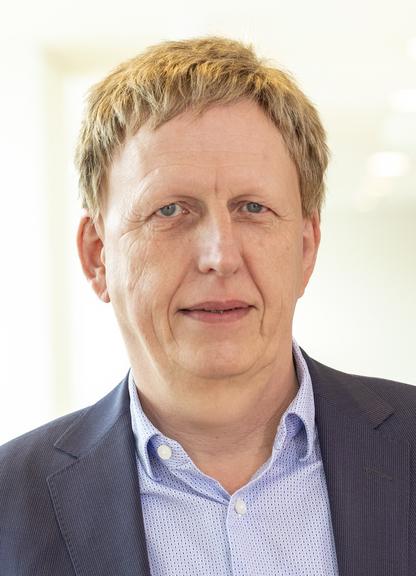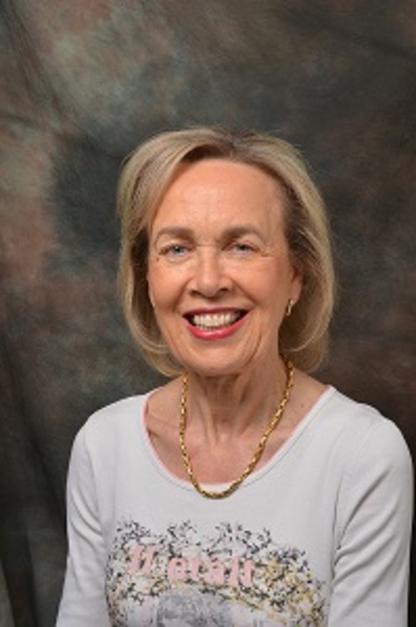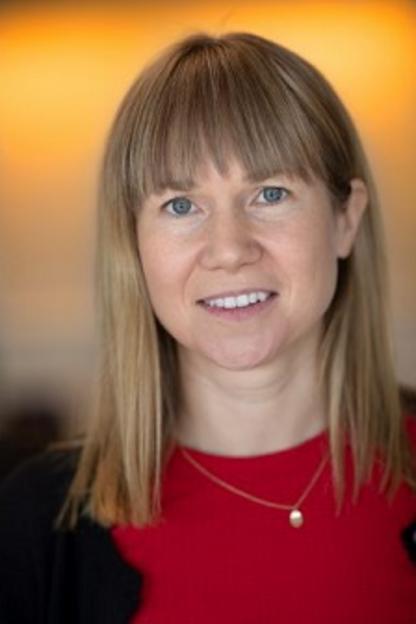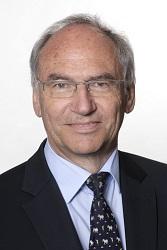Keynotes and Other Guests
The conference will host many leading scientists in the field – and we are proud to present the keynote speakers and other guests.
Prof Dr Alex Burdorf, Erasmus MC Rotterdam, Netherlands
“How can we facilitate working longer in good health?”
Prof PhD Erasmus MC Rotterdam, Netherlands. He has a lifelong fascination for the interrelatedness of work and health. He has conducted many studies illustrating how working conditions impact working careers, but also demonstrated the importance of decent work for health. He is interested in the capability approach and work-related factors that enable workers with health problems to remain in the workforce.
Celeste P.M. Wilderom, PhD
“How to Become an Organization in which Substantial Learning takes place: Every Day, by Everyone”
Professor Ph.D in Psychology, State University of New York (USA, 1987), and in Change Management & Organizational Behaviour (International) Business Administration: University Twente, Enschede, the Netherlands. Her research focuses on leader-behavioural determinants of highly effective organizations, teams and (high-tech) employees, change (incl. OD) and work cultures/climates. She prefers to conduct field studies in which use is made of longitudinal surveys and also of video-based behavioural and physiological observations. Often, quantitative and qualitative data are being combined as well.
Prof. Johanna Rickne
“Gender equality, work and labour market”
Professor PhD of Economics at the Swedish Institute for Social Research, Stockholm University, and part-time Professor of Economics at Nottingham University and the Stockholm School of Economics. Her research includes gender equality, integration and economics in the labor market. She has contributed to raising the profile of gender equality issues in the public sphere and among policymakers. In 2023 she received several awards: SNS Prize, Assar Lindbeck Medal.
Prof. Johannes Siegrist, PhD
"The role of professional training in improving quality of work (SDG 8)"
Professor, PhD and distinguished researcher in medical sociology. Institute of Medical Sociology | Centre for Health and Society Medical Faculty | Heinrich-Heine University Düsseldorf, Germany https://www.uniklinik-duesseldorf.de/en/institute-of-medical-sociology His research primarily focuses on the interplay between work and health. Notably, he has extensively studied the concept of “effort-reward imbalance” at work and its impact on health outcomes. He has received several rewards, including the Lifetime Achievement Award from the International Society of Behavioral Medicine in 2021. His work has significantly contributed to our understanding of the complex relationship between work-related stress and health. He is now dedicated to support further developments – through professional training - of sustainable work (SDG 8)
Other Guests and Themes
This years’ special focus will also include some special symposia on aspects of sustainability with leading researchers:
Cultures of Silence in Organisations – Importance for safety and learning
Michael Knoll from University of Leipzig and Lotta Dellve and colleagues from University of Gothenburg and experts from The Swedish Agency for Work Environment lead a special symposium on the state of the art and contextual variances in cultures of silences.
Sustainable decent work and productivity – How academia can contribute
Johannes Siegriest and Sharon Fonn will together with other researchers lead this symposium and launch a new anthology.
HRM in a Post-Pandemic World
Chris Brewster from Henley Business School, University of Reading will review current research about the pandemic and its impact on working-life, and on HRM policies and practices. He will ask how much of a change the pandemic made, how much of a change there has been in HRM policies and practices and how different HRM will be going forward.
Artifical Intelligence in HRM
Professor Uta Wilkens from Ruhr University Bochum will in present empirical findings on human-centered AI at work and on AI-based recruiting for diversity management (interviews and experiment).
Nordic HRM – Characteristics, Challenges and Potential
Professor Henrik Holt Larsen from Copenhagen Business School will focus how HRM practice is – and should be – reflecting and synchronized with significant features of the national culture. The five Nordic countries (Sweden, Norway, Finland, Denmark and Iceland) are interesting examples of broadly similar and different national cultures, and this is reflected in HR practice in the various countries. The symposium will present research findings as well as company cases and implications for practice.
“The Great Resignation”? Understanding Senior Doctors’ Intentions to Retire or Quit Quietly
Professor Graeme Martin will analyse one of the most comprehensive surveys of senior hospital doctors’ intentions to retire and/or step down their work commitments in a case study of NHS Scotland ever undertaken. The findings showed that nearly half of senior hospital doctors aged 50 or over in Scotland plan to retire up to eight years early or reduce their work commitments. Explanations are time and context related but speak to organizational dissatisfaction, burnout, and a declining called orientation to work among doctors. The case study will be used to generate a wider discussion of “The Great Resignation” and “Quiet Quitting” as trends and the effectiveness of proposed remedies.
Conducting Longitudinal HRM Research
Longitudinal research can be instrumental for investigate stability and change. Paul Gooderham from Middlesex University/Norges Handelshøyskole and Stefan Tengblad, University of Gothenburg describe two different approaches to longitidunal research 1) statistical survey data analysis and 2) hermeneutical historical analysis. Both these methods have been used by the presenters in order to understand the Nordic way of conducting HRM.



